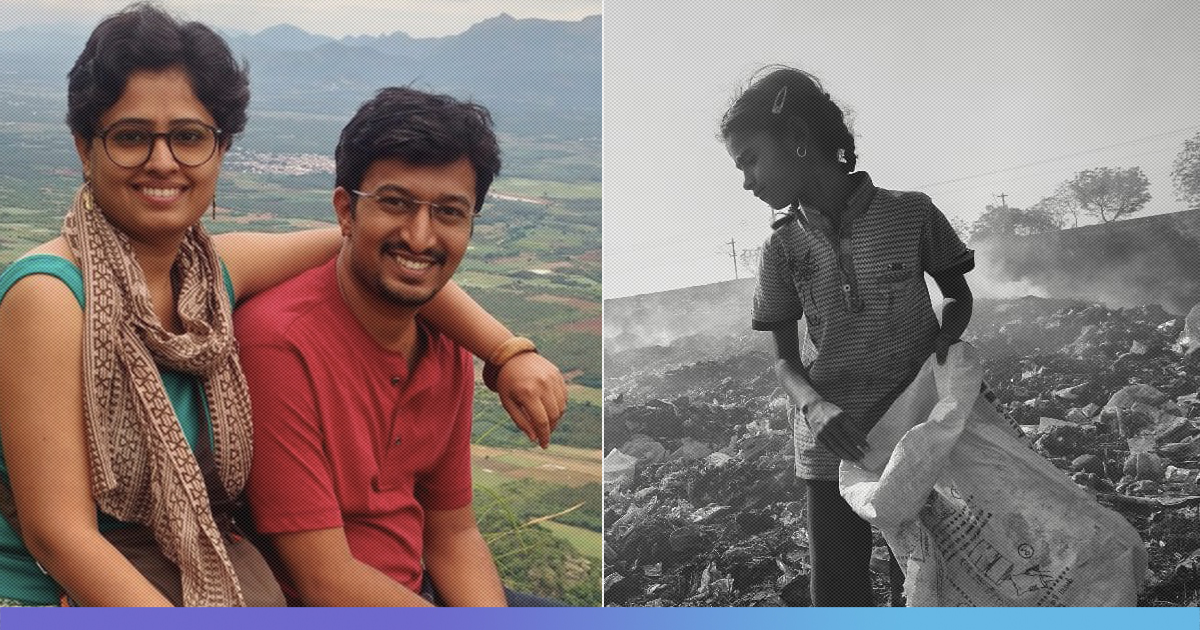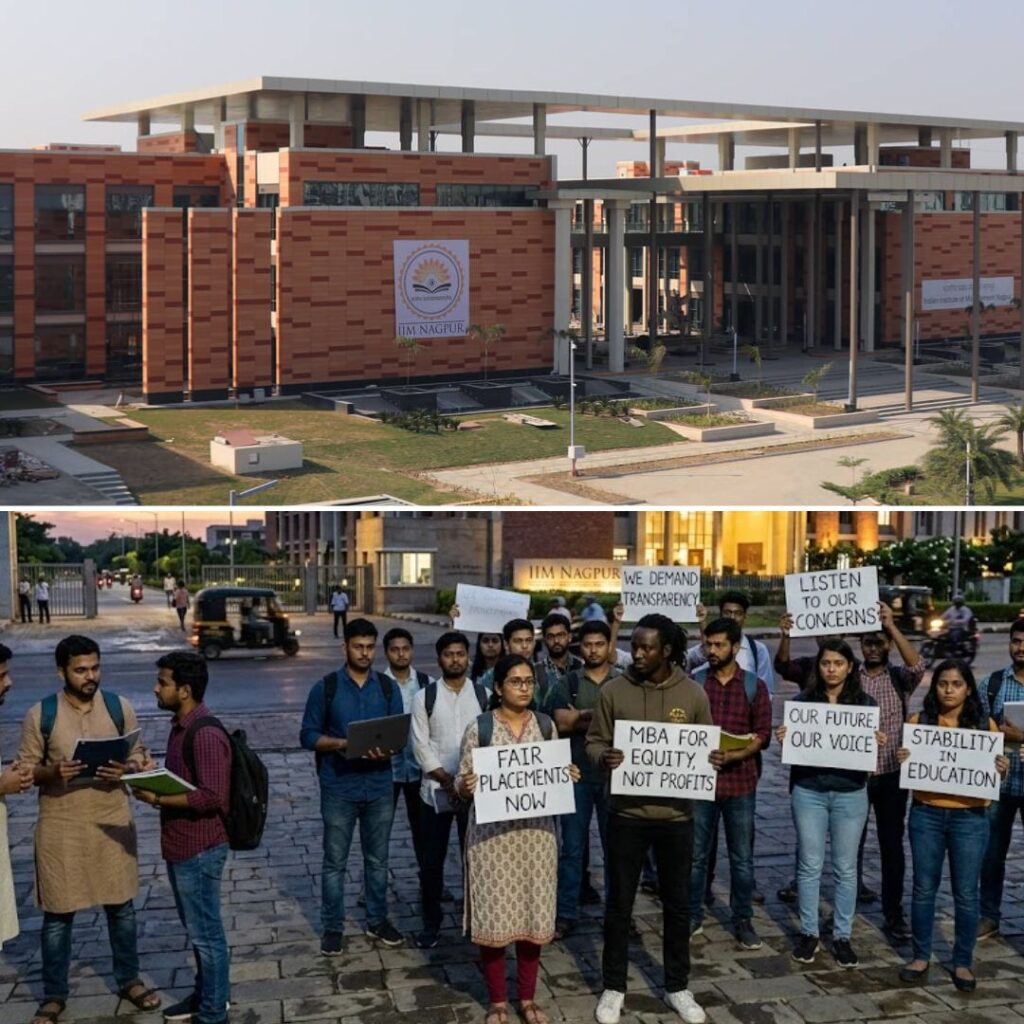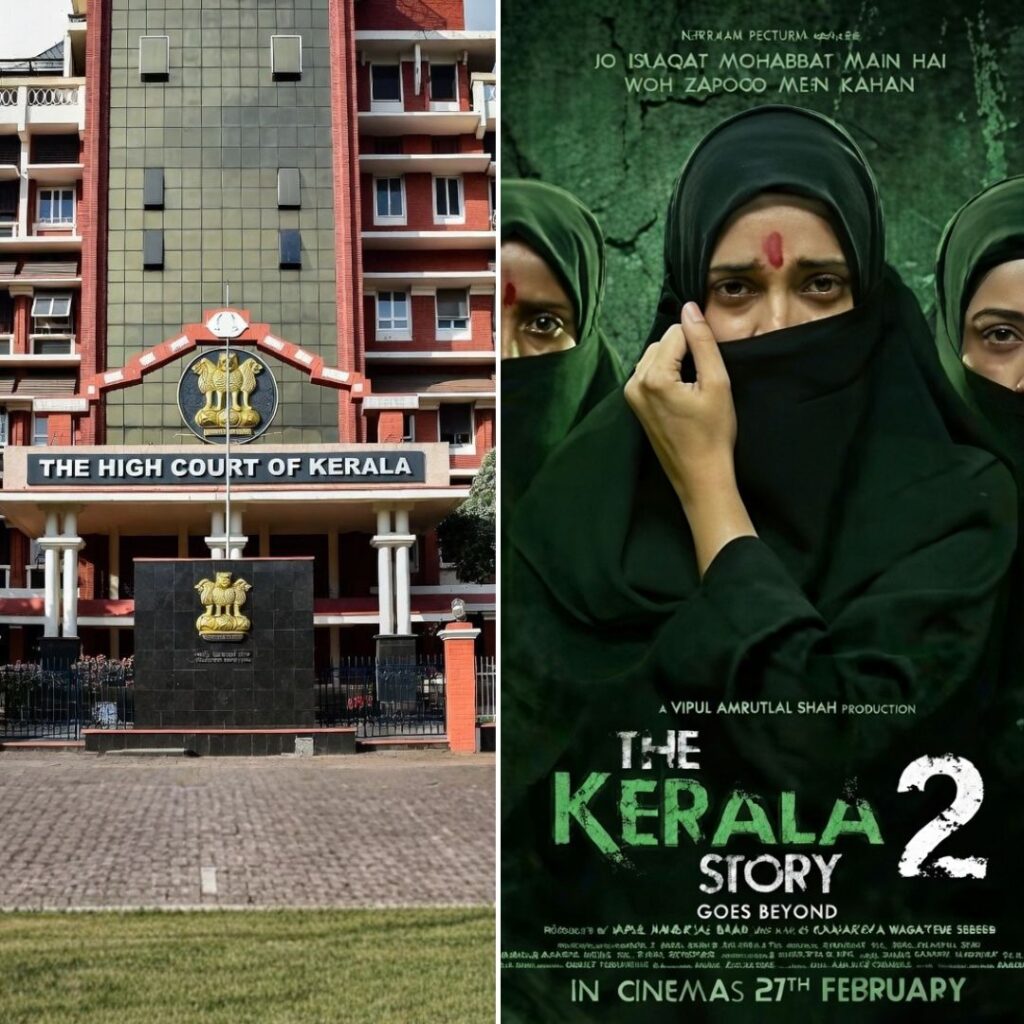Today, we live in a world which is rapidly changing and all of us are striving only to become a part of the rat race. This change has almost made us forget about those who are not even competing, those who are struggling not to fulfil their dreams and ambitions but to survive, each day, with almost no resources. Luxuries are not even something that is there even in their wildest imagination. They are the children without homes, having dreams for them is like a waste.
Shankar, all of six years old, lives in Tambapura, Maharashtra, gets up at 4 AM in the morning and rushes to the dumping ground to gather ‘valuable’ waste. He returns to his basti (locality) three hours later, hands & feet bruised and bleeding from the sharp objects in the dumping ground. Now he has an apology for a bath, a cup of tea with yesterday’s roti for breakfast and then he is free to gallivant with other basti children, playing, eating whatever possible and occasionally smoking a puff of discarded beedi.
Pan over to Ishan, also six-year-old, gently woken up by his doting father and carried on his loving shoulders to the bathroom. After a leisurely shower, breakfast of fruit juice, boiled egg and milk, Ishan goes to school in his school bus, returns at 3, plays video games, watches TV, plays with his friends, studies for an hour and is tucked in a soft bed after a nice dinner and a bedtime story.
Note the difference
Shankar and many such children are destined to a life full of destitute and no future just because he was born to a different set of parents than Ishan, who will soon be an engineer or a doctor or a pilot or a bank officer.

Shankar and many such children come home with bruises and cuts and nobody to care about it, he doesn’t have a bed for a good night’s sleep. All he dreams and yearns for is one more day of survival. Garbage is gold to him. It is his daily bread and all the while, he yearns for a roof over his head even if it is a leaking roof.
Should we leave Shankar and such children to his fate or should we transform his destiny?
To create hope for children like Shankar, organisations like Vardhishnu are striving to create a safe space for these children to build their own castle of dreams. They aspire to create an eco-system where every child gets access to an education that will empower their future and secure the precious years of their childhood.

The Personal Journey Of The Two Entrepreneurs
Vardhishnu is the story of Adwait Dandwade and Pranali Sisodiya of learning how we as individuals and the system can actually make an impact in the lives of such children who lack crucial privileges only because of their birth in an economically disadvantaged section of society.
Adwait did his graduation from Jalgaon and simultaneously pursued Company Secretary. After clearing 2 stages, doing an internship in Pune, he started looking forward to a corporate job. All this time, he was feeling that he was going far away from the values that he espoused and ultimately falling into the rat trap.
“In the year 2010, I finally left the job. From 2010-13, I travelled to different areas of Maharashtra with an intention to understand the rural and tribal Maharashtra. During my journey, I got an opportunity to be a part of NIRMAN, an educational process started by Padmashree Dr Abhay Bang based on Nai Taleem. NIRMAN identifies and nurtures the youth who wants to use their knowledge and skills to solve social problems in Gadchiroli”; says Adwait.
It was during this time that Adwait met his future partner, Pranali. They got married in 2013 and decided to settle down in Jalgaon.

Vardhishnu was initiated in 2013 and, rather than a traditional emotional appeal, it was based on an evidence-based understanding of reality and thorough on the ground primary research. Vardhishnu initiated the first cause – working to restore the dignity of waste pickers. Early morning or late night they collect garbage and sell it further to earn their living.
“All of us want a clean city but hardly anyone is concerned about those who clean it – the adverse conditions they work in, stench, safety, hygiene. And that’s the irony”; says Pranali.
The Reality Check And The Magnitude Of The Problem By Objective Research
Vardhishnu did a socio-economic analysis of waste pickers. Their team spoke to 400 waste pickers and were shocked by the fact that the youngest was 5 years and oldest 70 years. Vardhishnu also tried to understand which place they are coming from, where they live, educational status, health and hygiene, common health issues, government schemes, children deliveries, addiction, how much money spent etc.
The results were deplorable and heart-wrenching
Out of 400 waste-pickers surveyed, 125 children were between the age group of 5-14. 90% of the children either never went to school or have dropped out. Consistently working in unhygienic conditions; cuts and bruises, animal bites, scabies were common health issues amongst them. In addition to that, almost 70% of children accepted to having gutkha or tobacco addiction.
This was a serious problem and Vardhishnu decided to do something about it.
With further research, they were able to found out that out of all the street children, almost 1/3rd are waste pickers. To put an end to this travesty, the children need to come out of this downward spiral and enrol themselves into schools.
“Towards this endeavour, we started Anandghar with a vision that children should get a safe and secure ecosystem based on principles of love, compassion, Nai Taleem and research-based approach”; says Adwait when asked about his purpose of initiating this endeavour.

“Nevertheless, there were some issues we faced during the process of building Anandghar. Going to them directly and telling them to enrol themselves in school was not enough a reason for them to not drop out. Enrolling a 9-year-old who has never been to school would not enable him to connect.” adds Vijaya, a Teacher at Anadghar on being inquired about the challenges they faced in the initial phase.
“Waste pickers are severely stigmatized by the majority of the sections in the society. Rather than directly enrolling in school we need to take them through a ‘bridge space’ for teaching literacy and numeracy, familiarising to the environment of the school, socio-emotional awareness etc.” mentions Mangla, a Teacher at Anandghar.
“The intention was/ is never to make them dependent on us. Therefore, we do not encourage the free distribution of resources but we let them take ownership. The children are street smart and we intended to educate them through activity-based learning. Not just academics but we are also focused on life skills, health and hygiene, annihilating substance abuse, de-addiction. Our aim is to bring them out of the vicious cycle and for them to be able to enrol themselves into schools and most important of all – social inclusion.” says Bhavna, another teacher at Anadghar

To eliminate the biases Vardhishnu did field trips to Jalgaon Old Age Homes, malls, manufacturing factory of a newspaper, schools, theme parks, dramas and also encouraged people to spend time with children.
Vardhishnu Impact
Anandghar was started in January 2014 and in 2016, after rectifying certain functional problems, Vardhishnu was able to enrol the first batch of 16 children in the schools.
Through Anandghar and other initiatives, almost 250 students have been enrolled in the last 3 years. 100 out of them were either engaged in waste picking or child labour.

In the beginning, the engagement was only with children who were into waste picking. Later, Vardhishnu started working with children into unorganized labour, child labour, begging and reducing dropouts also became the part of the initiative.
The biggest success for Vardhishnu has been a significant reduction in health issues. “We conducted a health camp and found that on an average, the HB count of the children enrolled in Anadghar was 8 and later the new count turned out to be 10.7 (29 March 2019). And we further intend to take it to 12,” says Mahesh, a staff at Saksham Initiative at Vardhishnu
80% of students who took gutkha and other things have left consuming addictive substances. Now, students take ownership of the centre. It has books, library, toys. All of it is managed by the children themselves.

Earlier due to biases and prejudices about the children, the schools who were not ready to enrol our children, and today the schools themselves come and ask us to enrol our children.
While Anandghar is working on education in August 2018, Vardhishnu initiated Saksham. The mission is to provide women coming from economically disadvantaged backgrounds, a sustainable life, especially to the mothers and elder siblings of children attending Anandghar by offering them an opportunity to manufacture something useful manually.
The product that they will generate will partially help in sustaining Anandghar. 25000+ bags have already been sold to different customers and all the revenue will be pooled back to Anandghar to pay the salaries of the women and further prosper this noble endeavour.
Appeal To The Readers
People come with a mindset that perpetuates social ostracization of waste pickers. There are several other biases and prejudices against such children relating to the environment and the family they come from.
These children also face discrimination in government schools, are made to sit at the back, clean the classrooms etc. There is a hierarchy in the community and they are assumed to be at the bottom of society.
“Waste pickers are also precious lives as children and it is dehumanizing to have biases, prejudices and repulsion for them. Let’s, rather talk to these children, give them love, which is what they need the most and create a society a happy and inclusive place for them to live in” appeals Anita, a Teacher at Anandghar.
The students with whom Vardhishnu work with require a number of volunteers and trainers with special skills and mindsets. It is often very difficult to find people who want to work with street children. If you are willing to volunteer with Vardhishnu and contribute your skill sets as a Teacher, artist, singer, musician, painter, dancer etc., please write an email to <[email protected]> or call at <+919890336070>. Connect with them on Facebook, LinkedIn & YouTube.
Also Read: The Delhi Woman Creating Ripples Of Transformation In Kalahandi, Odisha
With #MySocialResponsibility, we aim to bring you more inspiring stories of individuals and organisations across the globe. If you also know about any changemakers, share their story at [email protected] and we’ll spread the word.













